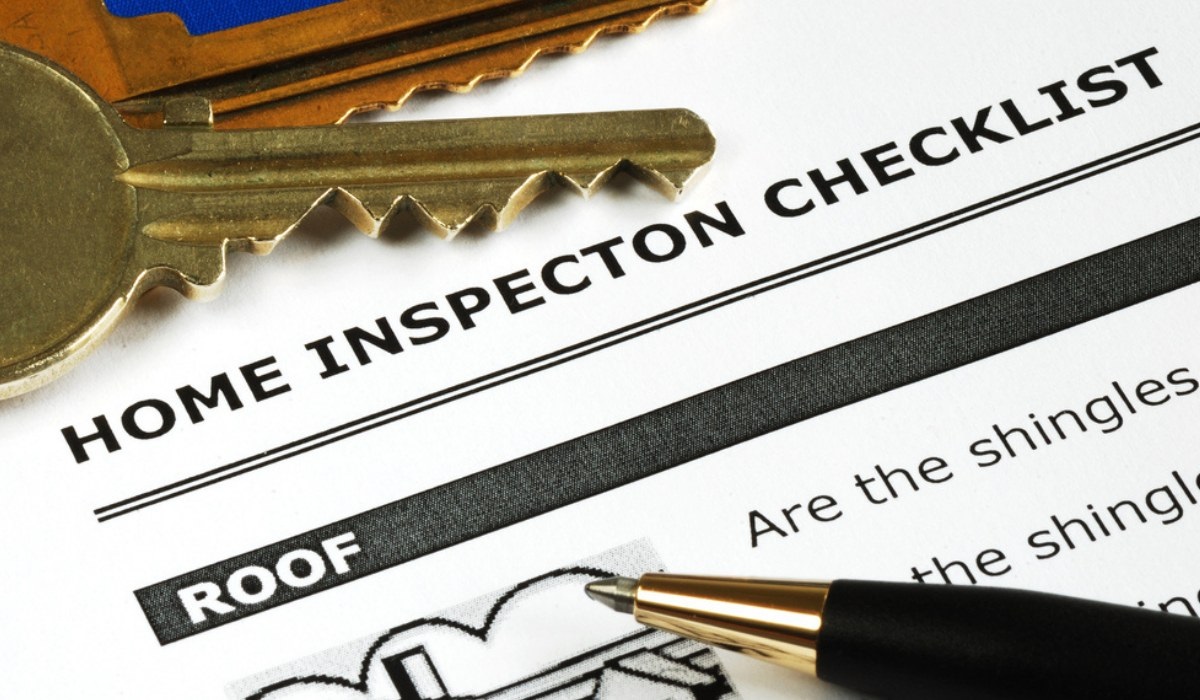Any Idea How the Home Inspection process Is Done?

One of the things you should do before investing in a property acquisition is have a professional home inspector give it a comprehensive once over. Your argument has been taken into consideration “The down payment alone may be a sizable chunk of dough! Unless I really have to, I see no reason to knowingly and willingly shell out hundreds of dollars more.”
This article will discuss the benefits of hiring a professional home inspector and the information that can be gleaned from an examination.
A buyer has the ability, via the use of home inspections, to learn about any major issues with a property before the sale is finalised. The fact that the inspection of the property is potentially a conditional provision in the purchase agreement with the seller should be the first hint of the importance of this deal. With this provision in place, you may back out of the deal without paying any costs if a home inspection turns up major problems with the house. Obviously, the problems with the home must be rather serious for them to be prepared to let you out of such a huge contract.
Inspecting Your Home: What Should You Look For?
While inspectors might vary widely in terms of experience, expertise, and thoroughness, all good inspectors should look into certain components of a property and document their findings in a report. The examination will likely take between two and three hours, during which time you must be present. This way, you may get a first-person account of the inspector’s findings and ask clarifying questions if necessary.
Furthermore, instead of just depending on the sporadic visuals If you want a deeper grasp of any problems the inspector found, it is advised that you visit the premises in person, as this is indicated in the report.
- Each issue must be categorised by the inspector as a potential safety risk, a major problem, or a minor defect.
- See what can be fixed or maintained, and what must be replaced.
Things that have immediate use but also need close monitoring in the years to come
If you are a first-time homebuyer, it may be quite helpful to have a competent inspector give you advice on routine maintenance that needs to be done.
Buyers, despite the fact that it is technically impossible to cover everything that an inspector may look for in a property, the following house inspection checklist should give you a general idea of what to expect.
Examining the Environment
The inspector will do a comprehensive check of the building’s exterior. You’ll need to use a ladder to access the upper levels of the home and any outbuildings, as well as descend into any basements or crawlspaces to do this.
Face-to-face walls
If the soil is in close proximity to the foundation of the house, which might foster the development of wood-eating insects, the home inspector will check for evidence of damage to the siding, such as holes or missing shingles, as well as cracks. True termite damage, etc., will be inspected for not by the home inspector but by the pest inspector (yes, you may want to hire one of them too). The inspector will clarify which concerns are just cosmetic and which may point to major problems.

